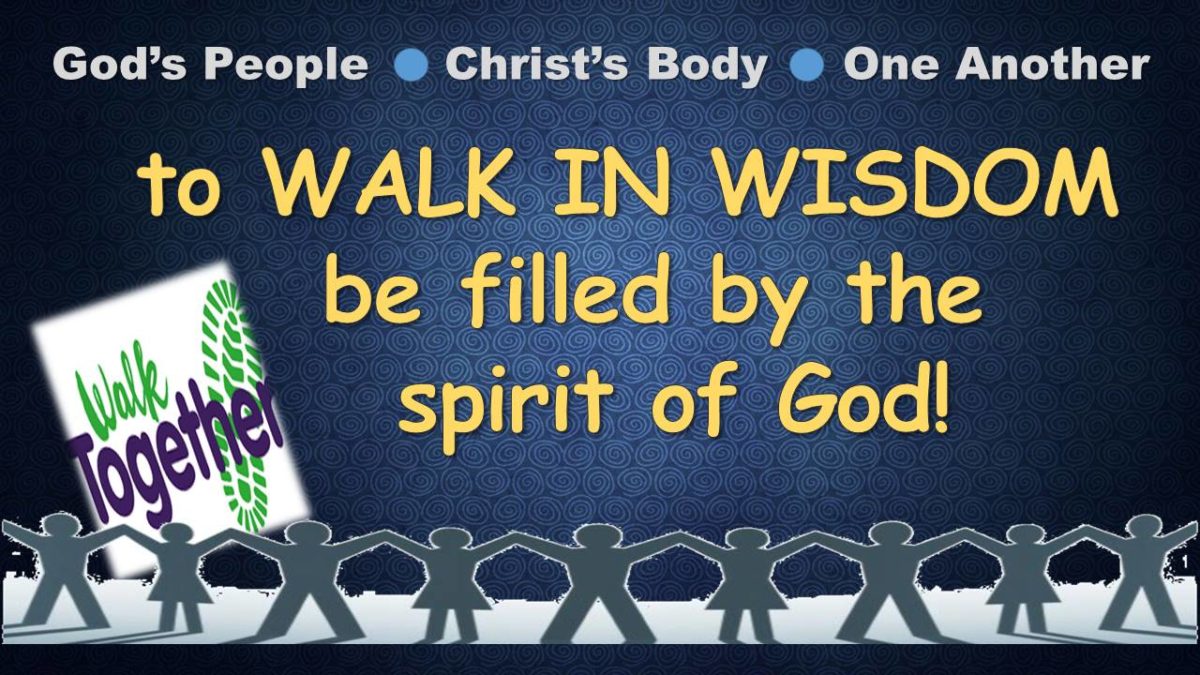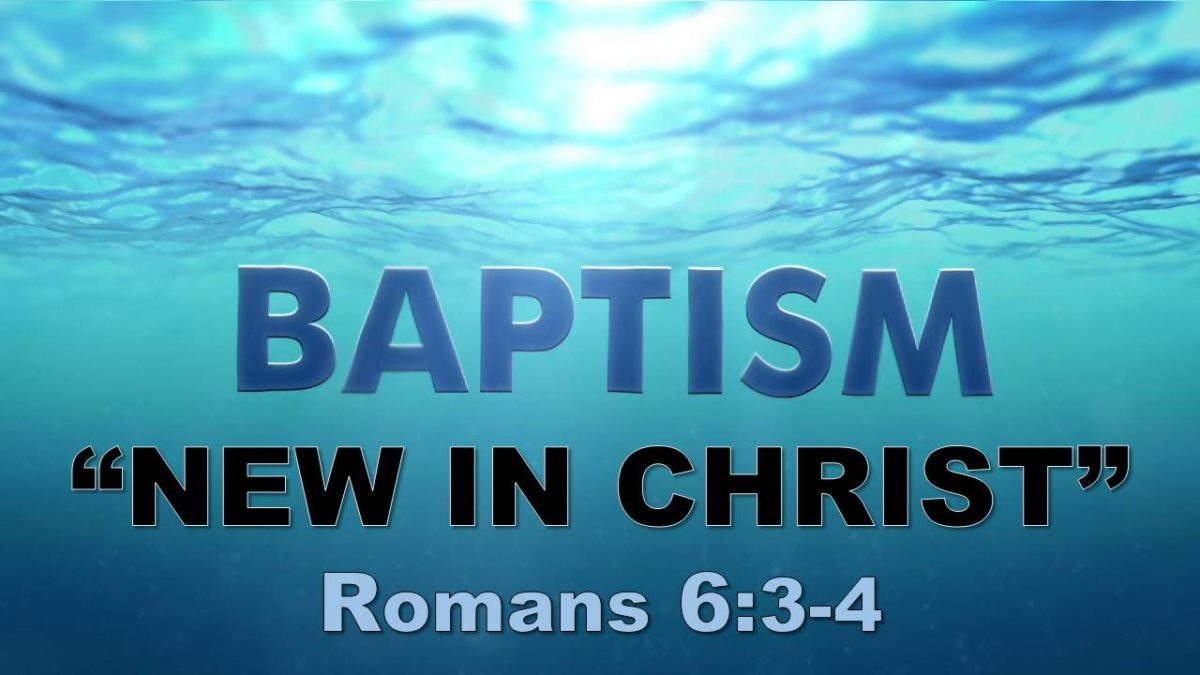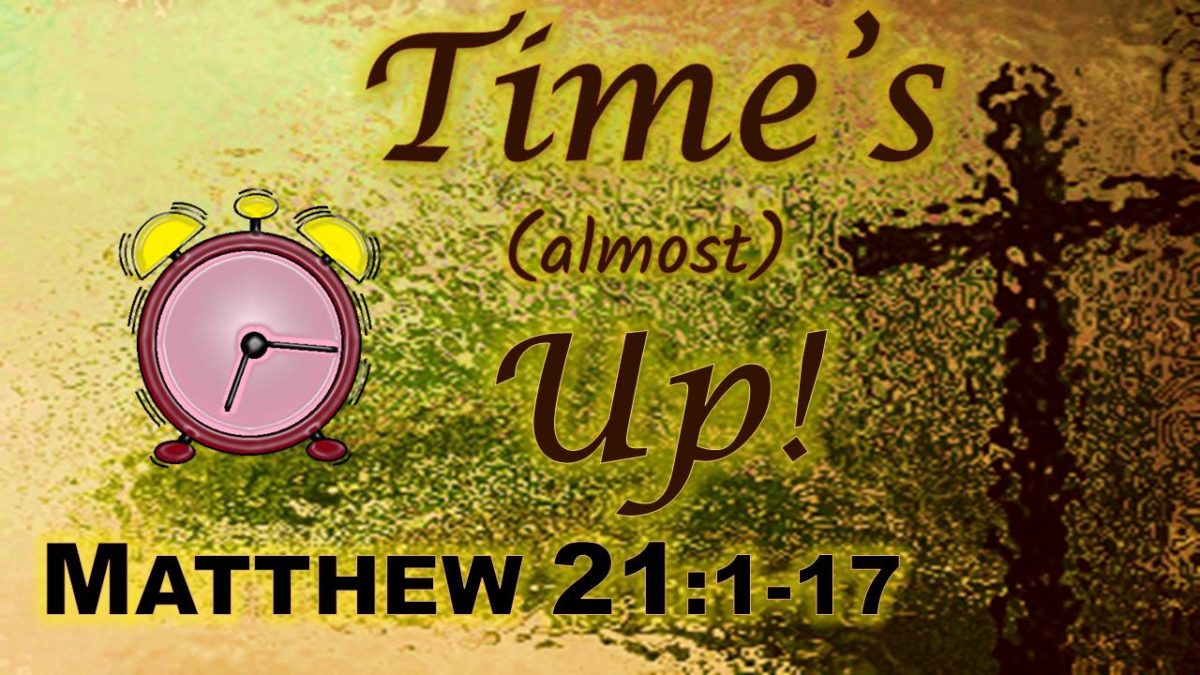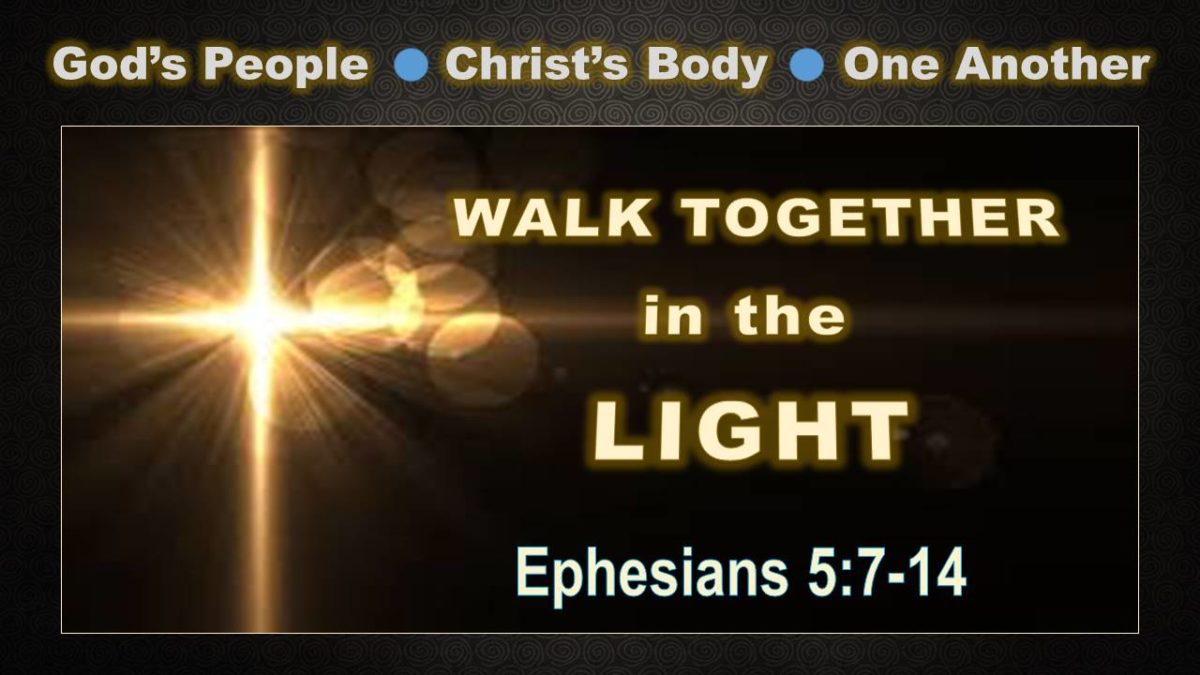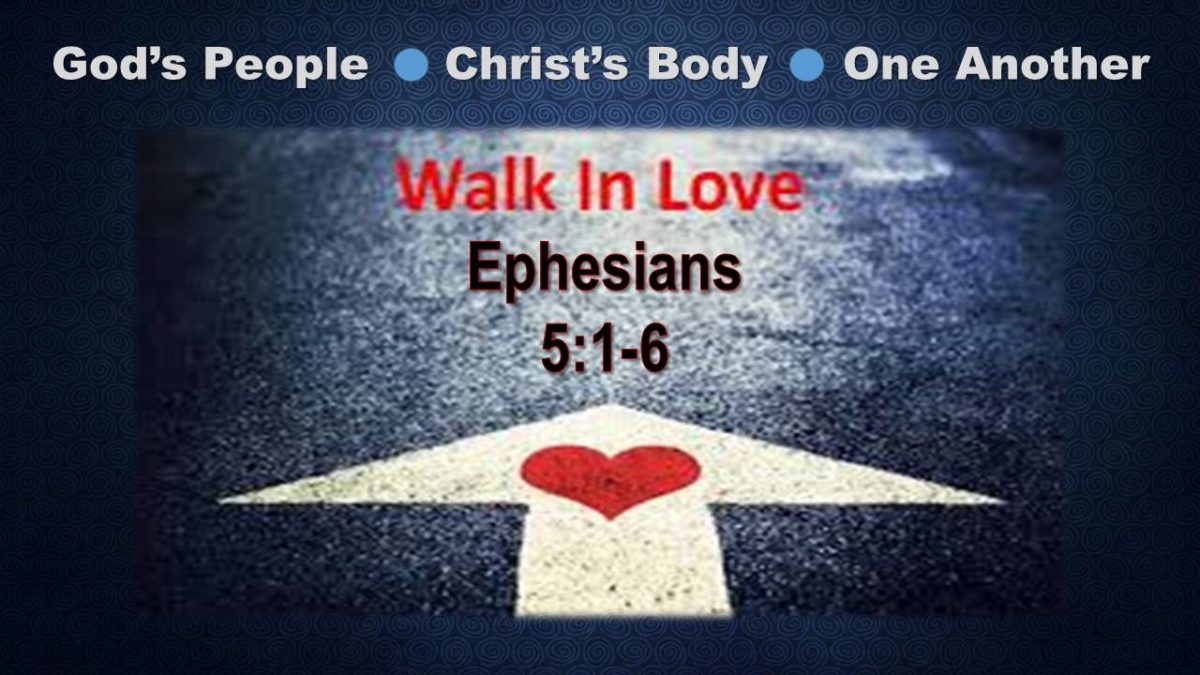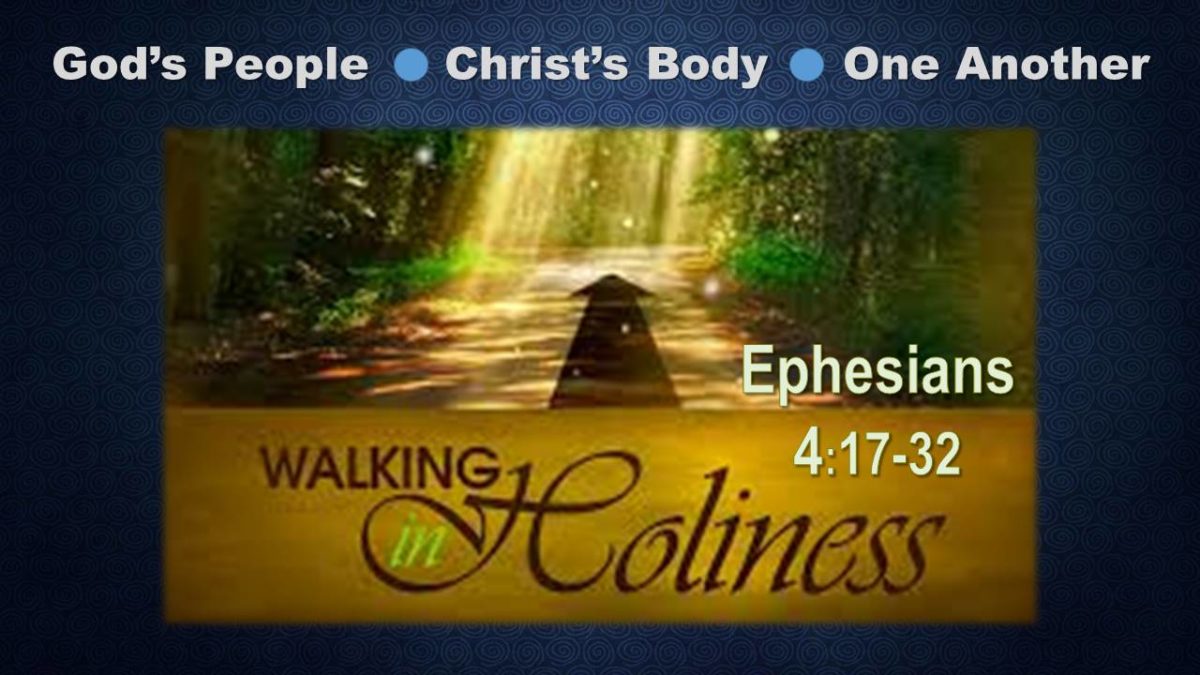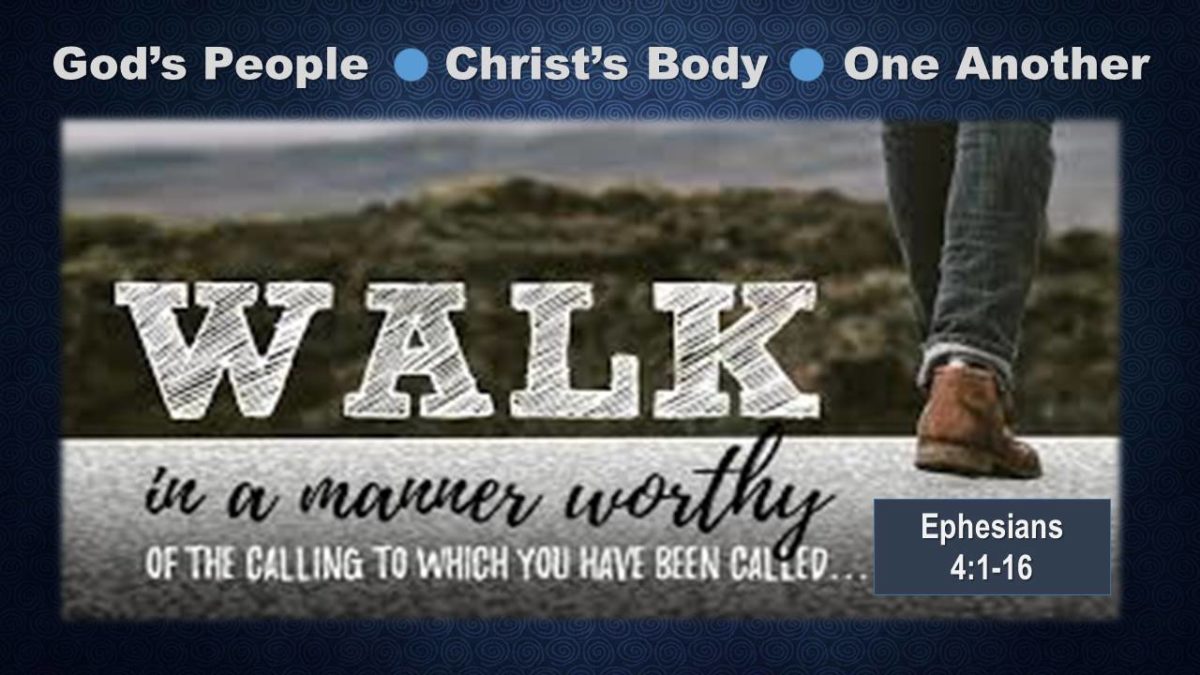I’ve long been a collector of wise quotes. Hear a bit of wisdom, and I jot it down in my black book. The best quotes make it into my computer file, where I’ve organized wise quotes by author. My favorite, recently, is by Confucius: He who chases two rabbits catches neither.
Useful stuff, if you have an extra rabbit …
But, when we’re not just having fun, wisdom can be sobering. What is it, exactly? Do you have to be smart to be wise? How about old? Or, profound?
As it turns out … no … no … no! But, you have to live by the Spirit of God. And, the wonderful news for any follower of Jesus is that we can.
In Ephesians, Paul the Apostle describes God’s work in calling out a people to be His church (chapters 1-3). Then, (chapters 4-6), he tells us how to live together as God’s “called out ones”. In the repeated imperative of the second half of the book, we’re to “walk together” … in unity, in holiness, in love, in the light, and (in this week’s passage) in wisdom.
Take a look at Ephesians 5.15-21 and you’ll see one basic command: Look carefully then how you walk … (verse 15). It turns out that the Christian life is such that having received Jesus’ work by faith, we can then miss God’s blessing by not paying attention, by not being wise. Frightening!
But, we’re given help here. We’re told how to be wise. And, we’re told how not to miss the moment and the blessing in the Christian life.
The pattern in these verses is found in the three contrasts marked by “not … but”. We’re to walk (verse 15) not unwisely, but wisely. We’re to walk (verse 17) not becoming foolish, but perceiving God’s will. We’re to walk, not being controlled (by something other than God), but being filled by the Spirit of God (verse 18).
The example Paul uses is wine. Some of us have been closer to alcohol than this even, but we’ve all at least seen somebody teeter and totter and attempt to keep himself upright while under the influence. Try to reason with somebody in this state, and he won’t even remember talking with you. Ruin and wastefulness result.
That’s Paul’s picture of losing the moment, being unwise. It turns out that the Spirit of God typically won’t (not saying He can’t) do His work when we choose to bring ourselves under the influence of something else. But, the issue here isn’t really wine; it’s anything that controls us. Netflix binging, cell phone addiction, an obsession with checking email, or patterns of unforgiveness and anger.
Instead of being controlled by these things, we’re to be filled by the Spirit of God. This is the special work of God reserved for those who have already trusted in Christ by faith. It follows the baptism of the Spirit which is the once-for-all work of God that takes place the moment we trust Christ, in which God applies to work of Christ to us (Acts 1.5; Rm 6.3-4; 1 Cor 12.13). It follows the sealing of the Spirit, in which we’re claimed as God’s own (2 Cor 1.22; Eph 1.13). It even follows the indwelling of the Spirit, in which the presence of God Himself takes up permanent residence in the believer (Rm 8.9; 1 Jn 4.13).
The filling of the Spirit is the leading and guiding work of God that empowers us to please God and is also called “walking in the Spirit” (Rm 8.4-6; Gal 5.16-18).
And, it turns out, that’s what true wisdom is! To walk in Wisdom, be filled by the Spirit of God!
The Gospel is received by faith. Christ did the work of redemption; we receive it by depending on Him. In walking wisely, however, we get to cooperate with God’s Spirit. The result will be, as verses 19-21 describe, rejoicing in Christ. Speaking to one another in creative ways involving God’s truth (verse 19a), singing and “psalming” (literally, verse 19b), giving thanks (verse 20), and submitting to one another out of reverance for Christ.
So, perhaps, the question for those of us who are trusting Christ is, Where do we need wisdom in our walk with Christ? Stated another way, What places in our lives are under threat from being controlled by something other than God’s Spirit? (The answer, I suspect, will be found in those areas where we don’t find the rejoicing of verses 19-21).
Have a crack at that thought. And have a blessed weekend, walking by the Spirit.

